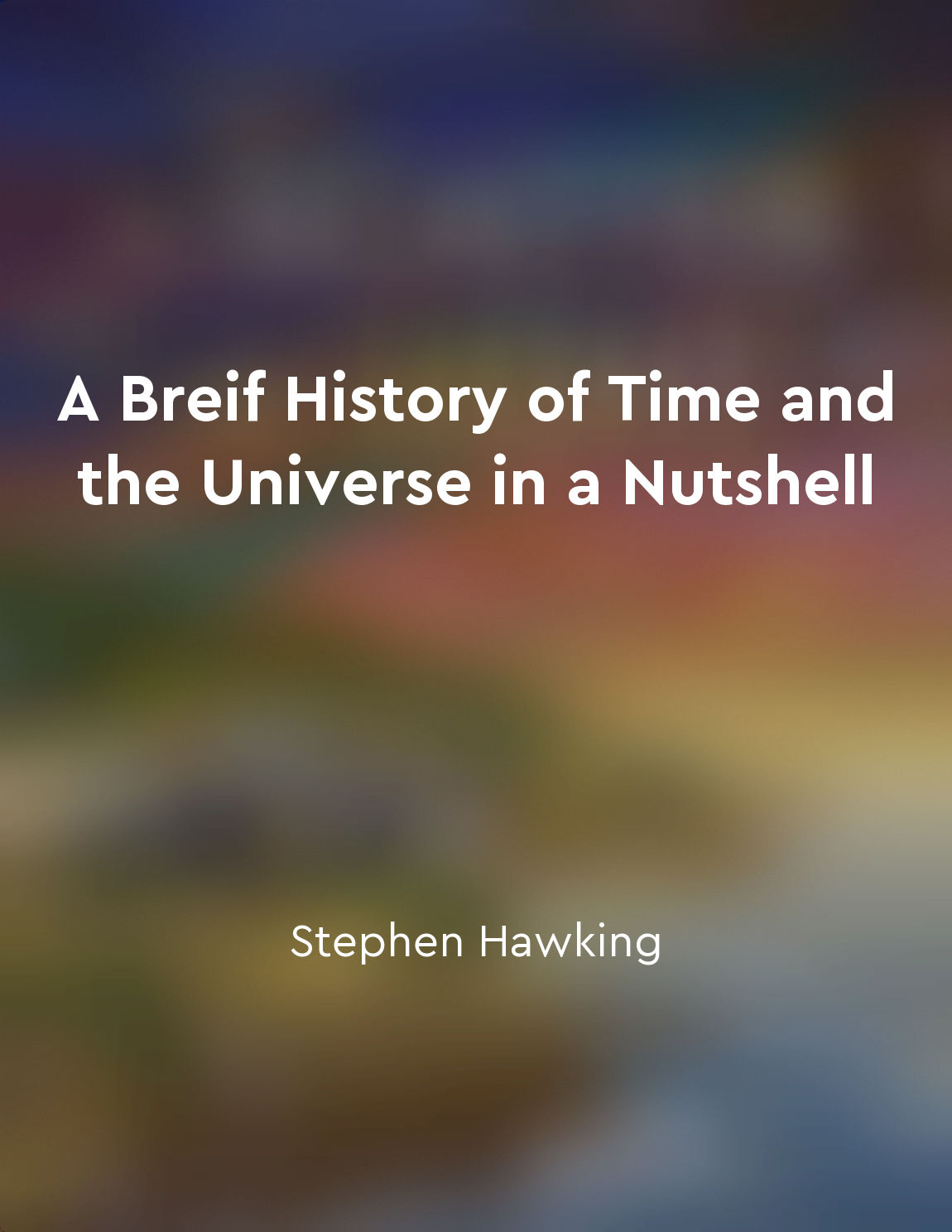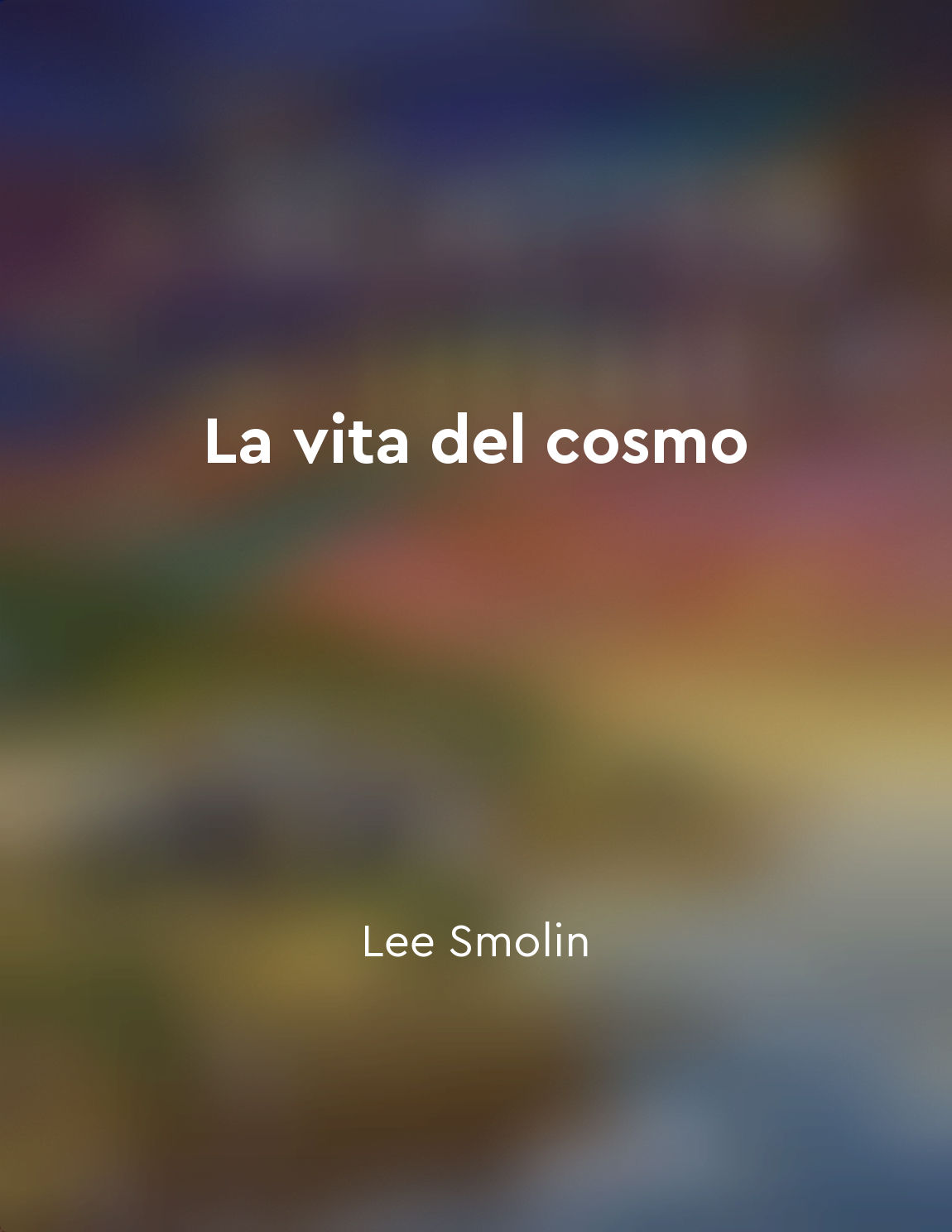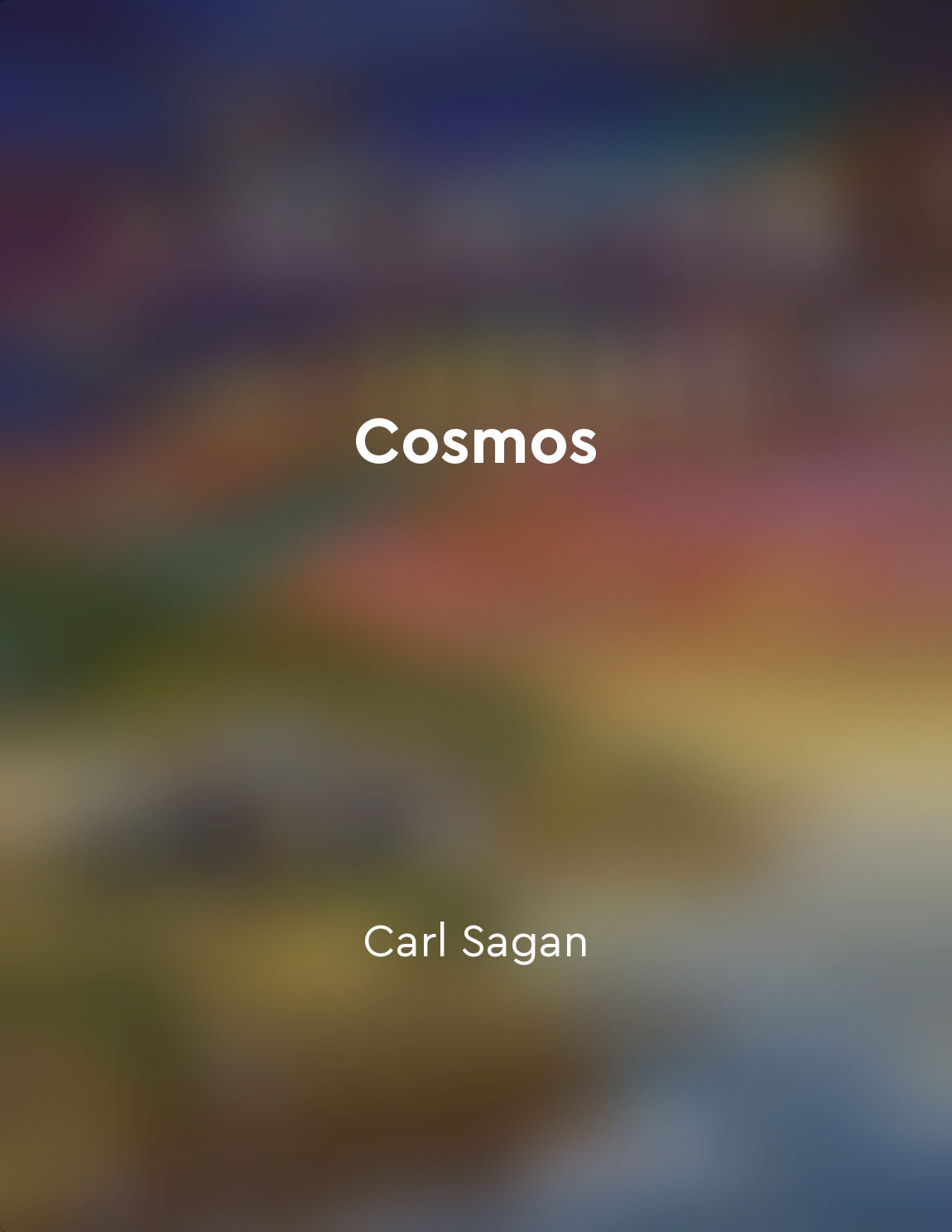Expanding from "summary" of The Disordered Cosmos by Chanda Prescod-Weinstein
At the heart of modern cosmology is the concept of expanding. Our universe is not static, but rather in a state of continual growth and evolution. It was Edwin Hubble who first noticed this expansion in the 1920s, leading to a revolutionary shift in our understanding of the cosmos. As we look out into the vast expanse of space, we see galaxies moving away from us, with their light stretched to longer wavelengths due to the expanding space between us. This expansion has profound implications for our understanding of the universe. It suggests that the universe has a history, a beginning - the Big Bang. This explosive event marked the birth of our universe, setting into motion the expansion that continues to this day. As we peer back in time, we see a universe that was denser, hotter, and more energetic - a far cry from the vast emptiness of space we see today. But the story of expanding is not just about the past - it also shapes our future. The fate of the universe hinges on the rate of this expansion. Will it continue to expand indefinitely, leading to a cold, dark, and lonely fate? Or will it slow down and eventually collapse back in on itself, sparking a fiery end to all we know? These questions drive cosmologists to study the expansion of the universe, seeking to unlock its secrets and understand our place within it. As we grapple with the concept of expanding, we are forced to confront our own insignificance in the vastness of the cosmos. Our lives are but a blink of an eye in the grand sweep of cosmic time, yet we are drawn to ponder the mysteries of the universe and our place within it. The story of expanding is a story of wonder, of curiosity, and of humility in the face of the unknown. It invites us to gaze out into the night sky and contemplate our place in the grand cosmic drama unfolding before us.Similar Posts
Institution
In physics, we often think of institutions as the places where we do our work: universities, national laboratories, and researc...

Theory of general relativity
The theory of general relativity, proposed by Albert Einstein in 1915, revolutionized our understanding of gravity. According t...

The search for a theory of everything continues
The quest for a theory that unites all the forces of nature into one coherent framework has been a long-standing goal of physic...
The possibility of life beyond Earth raises profound questions about our existence
The notion that life may exist beyond our planet brings to the forefront a series of deep and intricate inquiries that have cap...

The universe is vast and filled with wonders
The universe, with its vastness and complexity, is a source of endless fascination and wonder. From the smallest subatomic part...

Science and wonder go hand in hand
In our exploration of the vast cosmos, we are constantly faced with wonders that challenge our understanding and ignite a sense...
Cosmic inflation theory explains the rapid expansion of the early universe
Cosmic inflation theory postulates that the universe underwent a rapid expansion in its early stages. This expansion occurred w...
Humanity's survival depends on our ability to adapt and thrive in new environments
As we look towards the future, it becomes increasingly clear that our survival as a species hinges on our ability to not only a...
The exploration of space will require a shift in our thinking and approach to scientific research
The exploration of space is an endeavor that will demand a transformation in the way we think and conduct scientific research. ...
